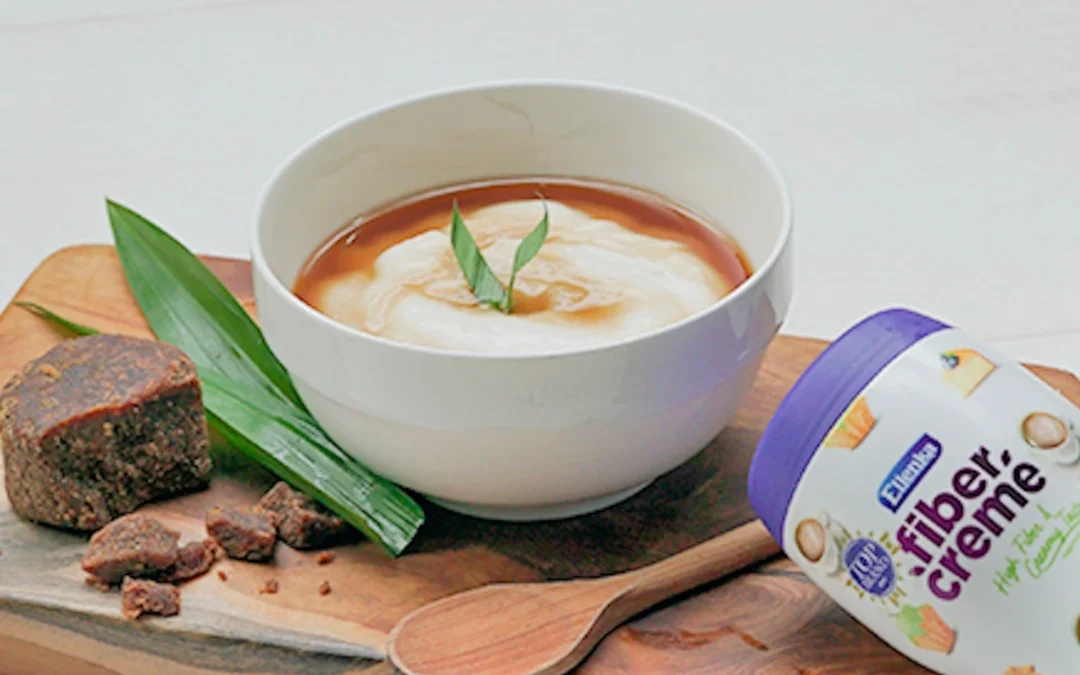
Fiber is widely known as an important part of healthy lifestyle. It’s best known as one beneficial thing for your digestive system, from helping to process the food you’ve consumed to keeping you from having constipation.
But fiber isn’t always all about digestion. It can actually keep your away from getting heart diseases. Yes, one of the deadliest diseases in the world can be avoided if you can have your daily fiber needs met. How is fiber connected to the heart? How can it prevent heart attack?
Heart attacks happen when there’s blockage in one or more blood vessels, restricting the blood flow and resulting in the heart not getting the oxygen-rich blood it needs to function. The blockage may stem from blood clots called trombus, or fat, cholesterol or other substances that build up in the walls of arteries.
Coronary heart disease, which occurs when cholesterol are building up inside the coronary arteries, is the most common cause of heart attack. This disease are mostly found in smokers, people with diabetes, high cholesterol, high blood pressure, obesity, and those who consume too much fat or fatty food.

So basically, heart attacks may happen to anyone regardless their sex or age, though the risks of getting heart attack increase with age for both men and women. To avoid heart attacks, or other types of heart diseases, living a healthy lifestyle is always an option. And consuming more fiber is one of the easiest ways to start it.
There are two types of fiber, insoluble and soluble. Insoluble fiber can’t be processed by the body and won’t absorb water as it moves through your digestive system. This type of fiber will come out of your body as a whole along with your feces. This fiber is what solves your constipation problems.
Meanwhile, soluble fiber absorbs water to make a gel-like mush inside the body. It slows down the digestion process and subsequently makes you feel full longer. This fiber can also absorbs cholesterol to lower the amount of “bad cholesterol” LDL (Low Density Lipoprotein) in the blood.
Each person is recommended to have 25-30 grams of fiber per day, which they can get from vegetables, fruits, red rice, whole wheat, grains and nuts. If you wish to have a better and tastier way to consume fiber, then you should try FiberCreme.
FiberCreme can be mixed to your favorite foor or drink to make it higher in fiber. The multi-purpose creamer also has creamy and delicious taste, but still contains much less fat, calorie and sugar. Plus, FiberCreme is free of cholesterol and trans fat, so it’s relatively safe to be consumed by people with high cholesterol, diabetes, and anyone trying to lose weight.






0 Comments